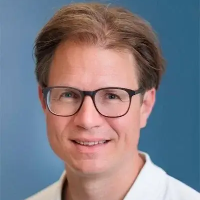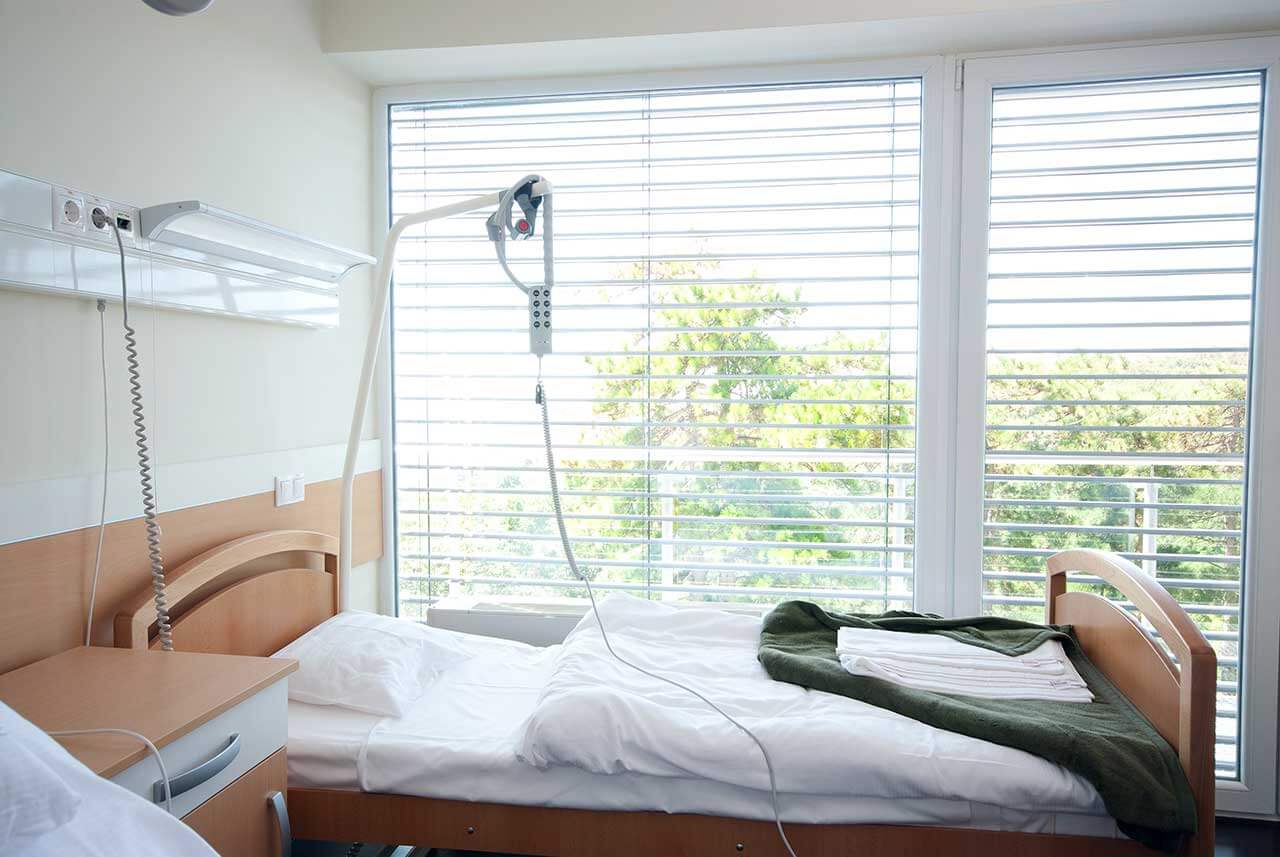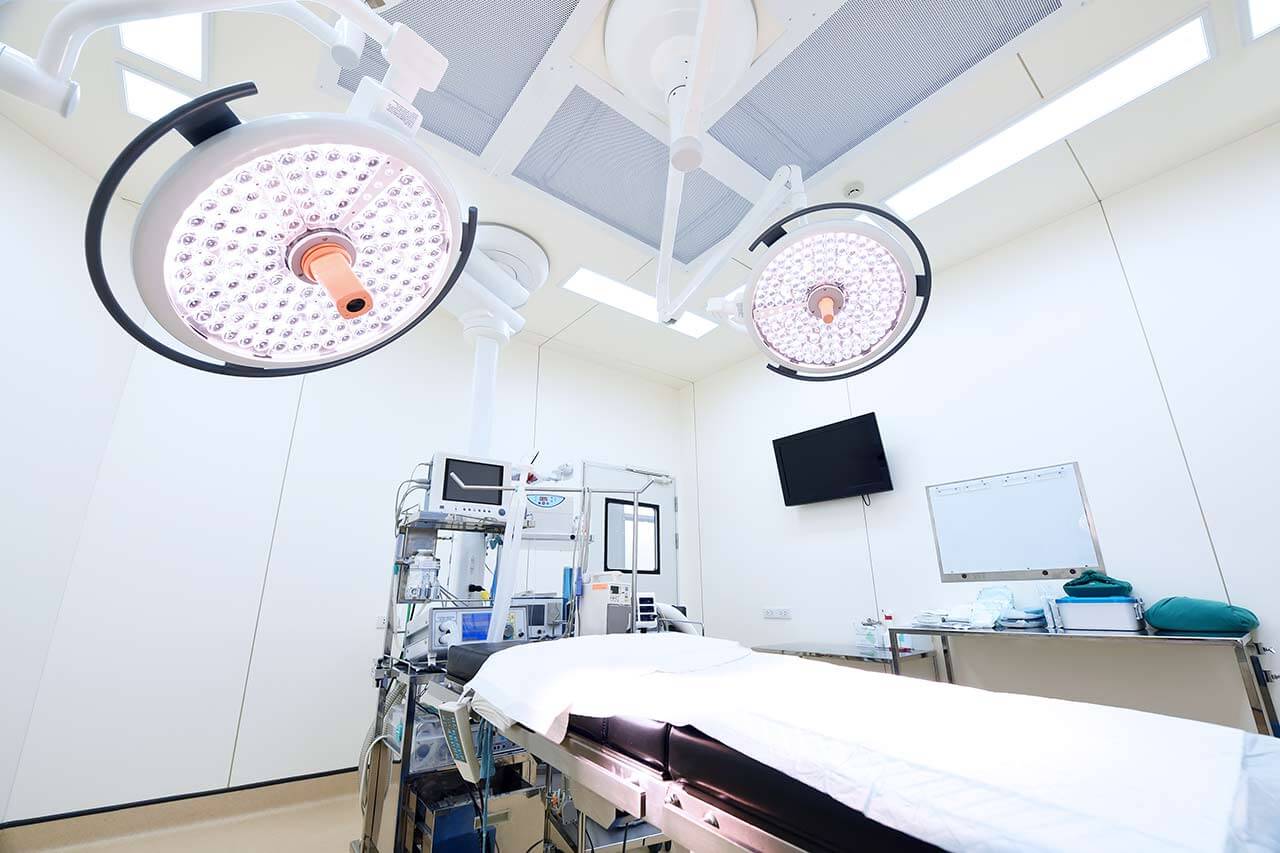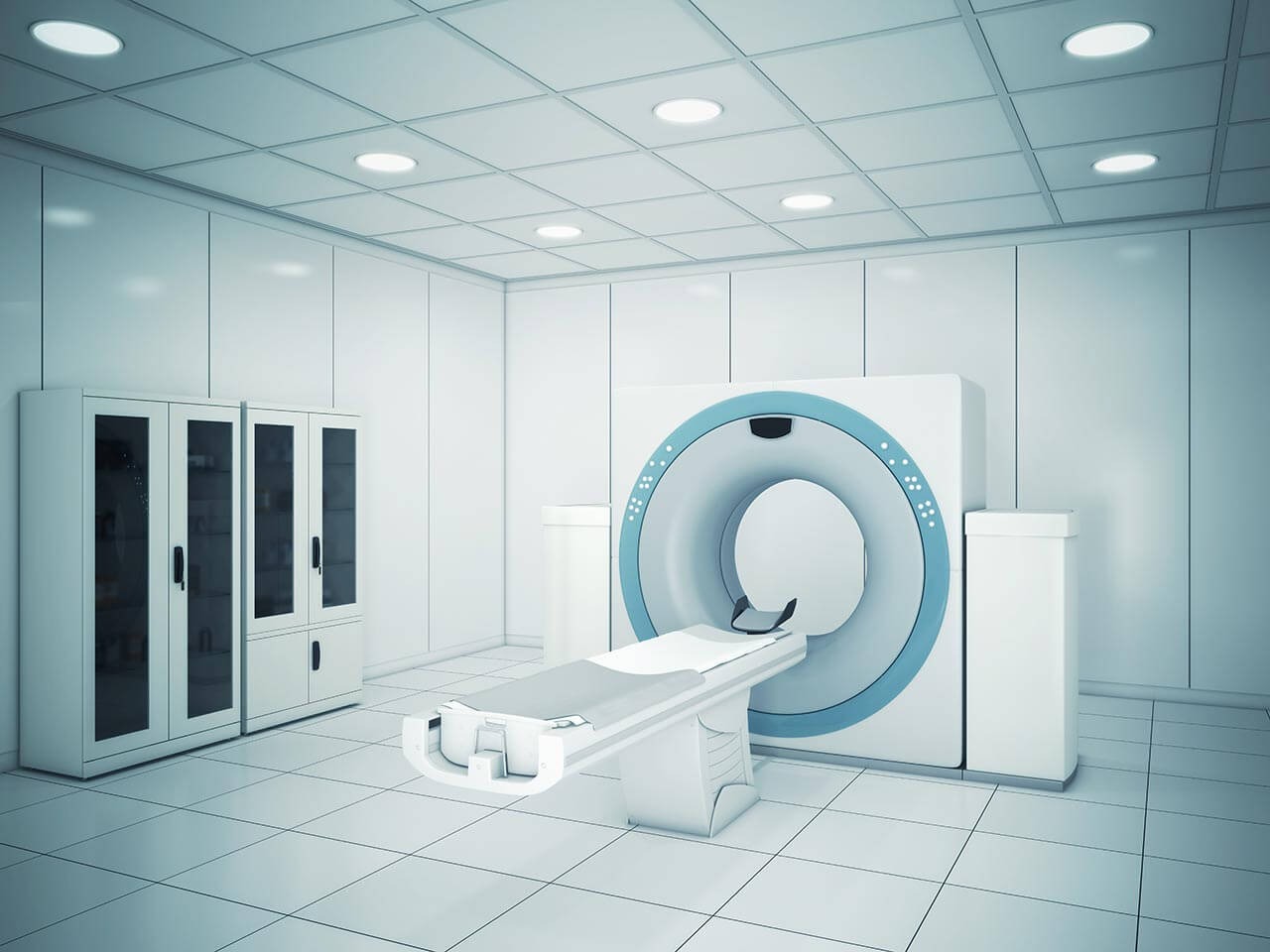
About the Department of Adult and Pediatric Gastroenterology, Hepatology and Endocrinology at Marienhaus Hospital St. Elisabeth Neuwied
The Department of Adult and Pediatric Gastroenterology, Hepatology and Endocrinology at the Marienhaus Hospital St. Elisabeth Neuwied provides the widest range of medical services for patients with gastrointestinal, liver, gallbladder, and biliary duct diseases. Patients with type 1 and type 2 diabetes mellitus also receive top-class medical care here. The department is certified according to the standards of the German Diabetes Society (DDG). Special attention in clinical practice is paid to the endoscopic detection and treatment of tumors of the digestive tract, biliary ducts, and pancreas in the early stages. Advanced endoscopic equipment is available in the department to ensure the most effective and sparing treatment. The department's doctors have impressive experience in the treatment of liver pathologies. The specialists focus on patients with hepatitis and autoimmune liver diseases. The medical facility has 128 beds for the accommodation of patients. However, in many cases, the doctors perform diagnostic procedures and treatment on an outpatient basis. The department's team of doctors and nursing staff strives to provide each patient with personalized care and attention. Before each procedure, the patient is fully informed about the upcoming diagnostic or therapeutic manipulation. Patients are provided with nutritional recommendations, which are an important part of the treatment of gastroenterological diseases, liver pathologies, and diabetes mellitus. Children and adolescents are treated in cooperation with pediatricians. The department is headed by Dr. med. Sven Arcan.
The department's gastroenterologists admit patients with stomach, colon, and esophageal diseases. The department has state-of-the-art endoscopic equipment for diagnostic and therapeutic procedures, including gastroscopy, colonoscopy, endoscopic retrograde cholangiopancreatography, cholangioscopy, small bowel endoscopy (double balloon endoscopy), and endosonography. If it is necessary to clarify the diagnosis, the department's doctors perform tissue sampling (biopsy) using endoscopic or laparoscopic techniques. Endoscopic procedures are performed under sedation or local anesthesia to ensure maximum patient comfort.
The most popular endoscopic procedures in the department are gastroscopy and colonoscopy. Gastroscopy allows the specialist to visually examine the mucous membrane of the stomach, esophagus, and duodenum using an endoscope (a special instrument equipped with optics). Before the examination, the patient receives anesthesia, after which they lie on the side. The gastroenterologist inserts the endoscope into the oral cavity, guiding it to the esophagus, after which the endoscope descends into the stomach and reaches the duodenum. During the examination, the doctor can detect pathological changes in the mucosa of the upper gastrointestinal tract. Gastroscopy is one of the key components of diagnostics in patients with suspected gastritis, peptic ulcer disease, stomach polyps, stomach cancer, esophageal cancer, and gastroesophageal reflux disease. It is often the case that the specialists can immediately carry out the necessary therapeutic manipulations during gastroscopy, for example, arrest internal bleeding, eliminate stenosis with the help of stent implantation, or remove small neoplasms in the stomach or esophagus.
Colonoscopy is an effective diagnostic method that provides the doctor with comprehensive information about the condition of the colon. The examination involves the use of a colonoscope (a flexible controlled probe with a camera attached to it), with the help of which the department's gastroenterologists are able to examine the colon from the inside in high-resolution images that are continuously transmitted to the screen in real time. Colonoscopy can detect colon diseases in their early stages, when the patient does not experience any severe symptoms. This examination method is particularly crucial for detecting colon cancer (one of the most common and life-threatening types of oncology worldwide) in the early stages, when the patient has the highest chance of full recovery. The patient is given antispasmodics and anesthetics before the examination to feel as comfortable as possible. During a colonoscopy, the patient lies on their side or back, and a colonoscope is inserted into their anus. The colon is filled with air, thanks to which its walls are straightened. The specialist slowly advances the colonoscope and assesses the mucous membrane of the organ on the screen. Should there be any internal bleeding in the colon, the gastroenterologist will immediately inject special drugs and coagulate the affected blood vessel. If the diagnostic test reveals suspicious neoplasms, the doctor will take tissue samples for a subsequent histological examination.
Hepatology is also one of the key focuses represented in the department. The department diagnoses and treats various types of hepatitis. Hepatitis is liver inflammation. The cause of this condition may be viruses, autoimmune processes, toxins, etc. The disease can have varying degrees of severity, ranging from mild to chronic, with serious consequences for the liver and the whole body. Laboratory tests, immunological tests, and genetic molecular testing are used in the department to accurately determine the characteristics of viral hepatitis B and C. The department also diagnoses and treats autoimmune liver lesions, including autoimmune hepatitis, primary biliary cholangitis, and primary sclerosing cholangitis. A great advantage for the department's patients is the close cooperation of the specialists with the Department of Transplant Surgery at the University Hospital Mainz.
The department enjoys the status of a certified by the German Diabetes Society (DDG) medical and training center for patients with type 1 and type 2 diabetes mellitus. The medical facility offers both inpatient and outpatient examinations, treatment, and consultations for patients with type 1 and type 2 diabetes mellitus. Special attention is paid to training patients on self-monitoring of blood glucose levels and providing nutritional counseling for diabetes compensation. Patients with type 1 diabetes mellitus undergo insulin therapy, including with the use of an insulin pump.
The department's main clinical focuses include:
- Gastroenterology and hepatology
- Endoscopic examinations and therapeutic procedures in adults and children
- Gastroscopy
- Colonoscopy
- Rectoscopy
- Sigmoidoscopy
- Cholangioscopy
- Endoscopic retrograde cholangiopancreatography
- Double balloon enteroscopy
- Endoscopic ultrasound examinations
- Ultrasound examinations of the gastrointestinal tract and liver
- Puncture and biopsy procedures
- Endoscopic examinations and therapeutic procedures in adults and children
- Endocrinology
- Consultations on proper nutrition and lifestyle modifications
- Training on self-monitoring of blood glucose levels
- Insulin therapy
- Prevention of diabetic foot syndrome and other complications of diabetes mellitus
- Other medical services
Photo of the doctor: (c) Marienhaus Kliniken GmbH




